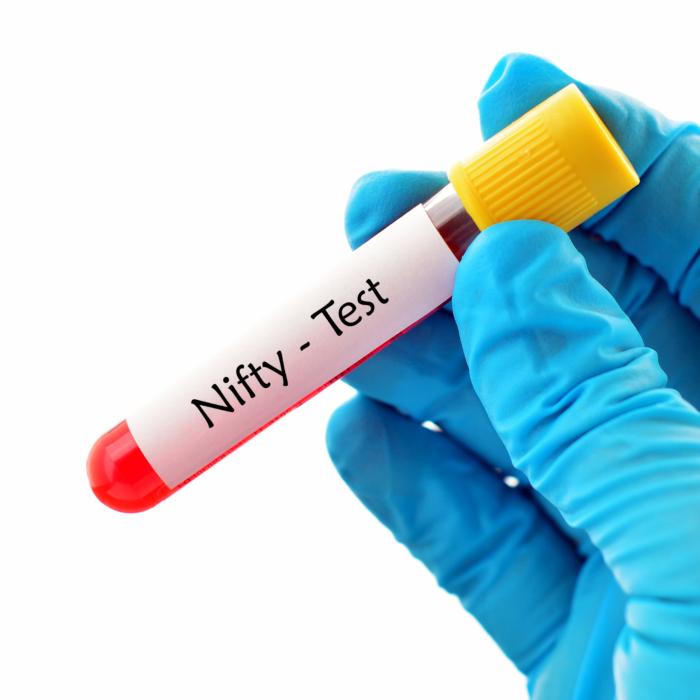Drugs to thin the blood are to be investigated by the Medicines and Healthcare Regulatory Agency (MHRA) as part of a collaboration with Genomics England for individualised medicine to see if some patients are more at risk from side effects than others.
Known as direct anti-coagulants, the group of drugs will be examined by the pilot scheme known as the Yellow Card Biobank, which will run alongside the existing scheme to report all drug side effects and which has come under fierce criticism for failing patients.
Around 1.5 million people in the UK are currently prescribed the anti-coagulants rivaroxaban, dabigatran, apixaban, and edoxaban, which have largely replaced the drug warfarin and are most commonly prescribed to those at risk of a stroke or with an abnormal heartbeat.
Between 2 and 5 percent of those who take the drugs are believed to suffer dangerous bleeds as a side effect, which can lead to them being hospitalised and even, in rare instances, death.
Patients who submit Yellow Cards, or have submitted one previously, may be contacted to ask if they will consent to providing further information and submitting a blood sample.
A statement from the MHRA said that “approved scientists” will use the genetic samples taken from patients and stored in the Biobank to investigate whether a side effect from a medicine was caused by a specific genetic trait.
“This would in turn enable healthcare professionals to personalise prescriptions using rapid screening tests, so patients across the UK will receive the safest medication for them, based on their genetic makeup,” the regulator said.
The MHRA claims the genetically tailored approach to medicine could help to reduce adverse drug reactions, which currently account for around 1 in 16 hospital admissions and can cause further complications for patients already in hospital.
She said: “We are excited to launch the second phase of the Yellow Card Biobank, which demonstrates that we are at the absolute forefront of innovation in the field of drug safety monitoring. Almost a third of adverse reactions to medicines could be prevented with the introduction of genetic testing. The Yellow Card Biobank will help us move towards our goal of personalised medicine.”
Alison Cave, MHRA chief safety officer, said: “We know that prescribing is increasing, but we know for some individuals the drugs are associated with excessive bleeding.
“The ultimate long-term goal for us is to identify patients most at risk of harm from side-effects with a particular medicine due to their underlying genetic make-up, and avoid them suffering from that harm.
‘Underlying Genetic Risk’
Professor Matt Brown, the chief scientific officer at Genomics England, said: “We are delighted to be taking this next step in our partnership with the MHRA towards harnessing the power of genomics to break new ground in medicine safety.“Many adverse drug reactions are influenced by underlying genetic risk factors. We hope that through the Yellow Card Biobank pilot we will gain a deeper understanding of these genetic influences that in turn could help patients to receive the best and safest treatment possible.”
The Yellow Card Biobank was launched in June 2023, with the initial phase of the pilot examining a medicine called allopurinol and related “rare” severe skin reactions, including Stevens-Johnson syndrome and toxic epidermal necrolysis.
The sequencing of the participants’ genetic material is set to start in spring, with initial research findings from the pilot expected in 2025.
The MHRA said that patients who volunteer to be involved will be visited by a nurse, who will then take a blood sample to be added to the Biobank and sequenced.
Privacy campaigners concerned about a move towards the so-called “bio-security state” have expressed concerns about the storing of individuals’ DNA, with fears the databases could be misused.
The MHRA said, “Participants’ data will be de-identified and added to the National Genomic Research library, a platform that allows approved researchers to access genomic and other associated health data via a secure research environment.”

UK politicians have been generally welcoming of the role genomics might play in health care, although some concerns have been raised about data protection and potential security breeches.
Potential Abuse of Genomics Databases
Mr. Carmichael said the British government needs to wake up to “the threat that the abuse of genomics databases poses not just to security, but to democracy as a whole.” He pointed to the operation of BGI, after a student campaign group raised concerns over patient privacy having found ties between major UK universities and Chinese state-linked companies. The U.S. National Security Commission on Artificial Intelligence warned that such companies may be serving as a “global collection mechanism for Chinese government genetic databases.”In recent years, 20 major UK universities have received over £40 million from state-linked Chinese companies, according to reports.
The all-party parliamentary group examining pandemic policies called for an investigation into the MHRA in the wide-ranging letter, which flagged up the organisation’s conflicts of interest in being funded chiefly through the pharmaceutical industry.
Dr. Raine was singled out for criticism over what the group said was her “boast” about transforming the regulator from a “watchdog to an enabler” of new drugs.







